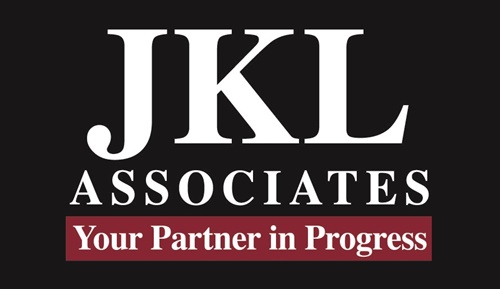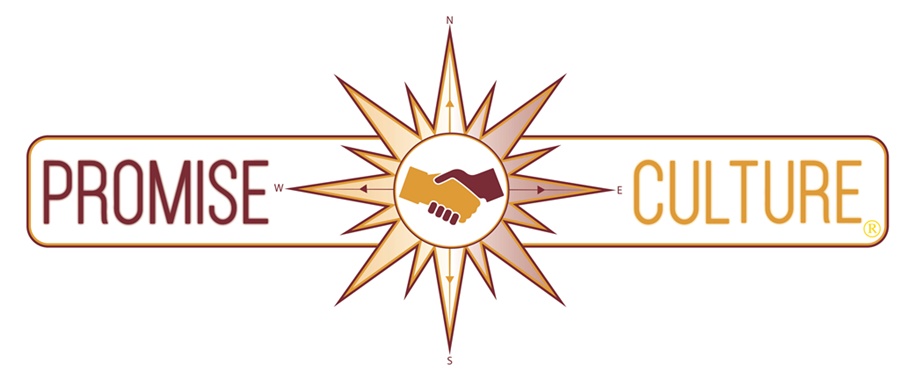The word and subsequent actions surrounding accountability are viewed through various lenses. From the leader’s perspective, it can take on either a tone of disappointment or that of opportunity for learning and development. From the individual or team that is being held to a level of accountability, it can be perceived as a level of reprimand or an adjustment to move toward a better outcome. The culture of the business will significantly influence how accountability is viewed, taken, and employed.
When a leader uses accountability as a building block to strengthen team members, these standards, which are part of the culture’s foundation, grow into tools of progress rather than methods of destruction over time. When team members are given the opportunity to build self-worth by being held to accountability standards, they realize personal self-growth.
This would appear to be a typical approach for all leaders to utilize in their business operations. Many attempt to deploy such approaches but are met with resistance from team members. Why would team members not want to grow? Why would such resistance be another norm in the marketplace for team members?
Part of what leaders deal with daily are the influences that society casts onto team members, and they bring those influences with them into the work setting. When a business has a weak framework and foundation for its culture, then the expectations of performance are left to chance. When an organization’s culture is vibrant with defined, understood, and appreciated expectations, then all team members benefit from each other and collectively. Every team member grows, the business flourishes, and customers are elated.
If asked, all leaders would likely respond that running an organization as described is very straightforward and logical. The challenge is that many leaders do not take the time or energy to put the initial framework and foundation in place or tend to keep it top of mind with their staff. Many organizations do annual or quarterly retreats and meetings but jump right into what is wrong or where improvements must occur. They forget that the outcomes of the business (good and bad) come from the people who build upon the organization’s framework, foundation, culture, etc. If the organization’s culture, framework, and foundation are fractured, so are its results.
This week, as you pause and think about the best next steps to make your business more than good to a place of greatness, examine your core foundation and framework that your culture is built upon. Holding team members accountable when the standards are on shaky ground leads to inconsistent results. The conflicting results tend to lead to using accountability negatively and thus affirming society’s overlay that accountability is somehow not required for excellence.
As leaders, your most significant opportunity exists to build your team, which in turn builds your business. To build the best players on the team, you need an environment where each member is valued and given a model to grow their self-worth. Having accountability standards of expectations are not restrictive but growth-oriented. Helping your team members embrace accountability starts with a culture of growth and respect for all team members.
Looking for a model to embrace organizational and staff growth? Consider talking to a Promise Guide at JKL Associates about our “Promise Culture” approach to business and life success. Call us at MI (313) 527-7945 or FL (407) 984-7246.
COPYRIGHT – JKL ASSOCIATES 2025
QUESTIONS OR COMMENTS – EMAIL US AT PARTNERS@JKLASSOCIATES.COM OR CALL OUR OFFICES – MI AT (313) 527-7945 FL AT (407) 984-7246
Celebrating 30 years of Delivering on “Promises”




